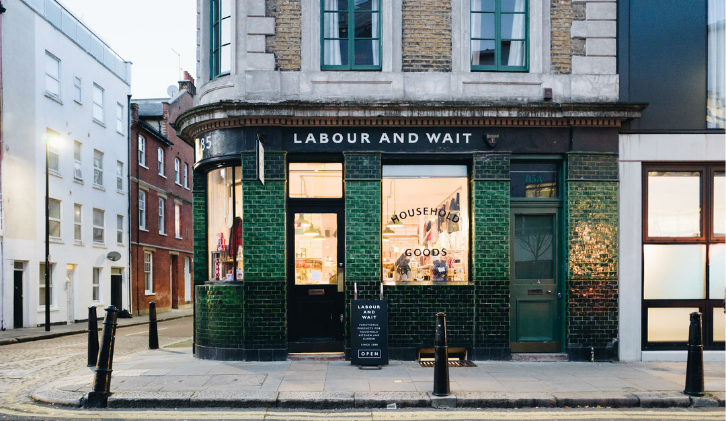8 out of 10 Consumers Plan to Use More Independent Businesses This Year
Our recent survey of consumers’ attitudes towards small businesses has found 8 out of 10 consumers are planning to use more independent businesses this year; highlighting how SMEs are continuing to drive consumer spend.
Return to blog posts
Our recent survey of consumers’ attitudes towards small businesses has found 8 out of 10 consumers are planning to use more independent businesses this year; highlighting how SMEs are continuing to drive consumer spend.
Top reasons why consumers shop small or use independent businesses
When over 200 consumers were asked for the reasons they shop small, 58% of respondents said it was for convenience, with the second highest reason being to support local business and boost the economy. Despite respondents admitting they find smaller businesses more expensive, these findings showcase how an increasing number of consumers are turning away from larger stores to provide support and encourage growth locally.
With 41% of those surveyed saying they already shop at a small business at least once a week, a lot of our respondents are actively supporting their local highstreets already.
With initiatives like Small Business Saturday and reports of record numbers of private sector small businesses at the start of 2016, consumers have a greater choice than ever when looking to shop outside of the larger chain stores.
Customer service makes small businesses thrive
For 28% of respondents, the primary reason why they are continuing to shop with small businesses derives from high product standards and service offerings. This was closely followed by 27% saying customer service was extremely important to them, which underpins the long-standing notion that smaller businesses can provide a better service as they can build stronger relationships with individuals.
The superior quality of customer service provided in smaller outlets certainly hasn’t gone unnoticed by consumers. 51% of those polled said there is a substantial difference between the customer service offered in small businesses compared to larger stores. One respondent revealed “smaller stores seem more genuine and go out their way to help you” and another explained “at smaller stores the service is more personal”; indicating smaller businesses must continue to provide a memorable and tailored customer service to stay competitive against bigger brands.
Limited product selections and higher prices are a challenge
We also asked consumers whether they feel shopping small has its downsides. 50% cited that limited product selection was the main disadvantage while almost half (48%) also said smaller stores tend to be more expensive.
Interestingly, very few respondents considered having an online offering, being a household name or peer recommendations as an influential factor in their decision to support a small business. However, when asked why consumers shop at larger stores, price was the number one reason, as stated by 47% of respondents.
Although limited products, a smaller service offering and price being potentially discerning factors for consumers choosing a smaller business over a larger competitor, this data supports the idea that consumers will shop locally or independently to obtain unique products and feel more valued for their custom. Overall, these are key takeaways for any small business that wants to be successful.

























